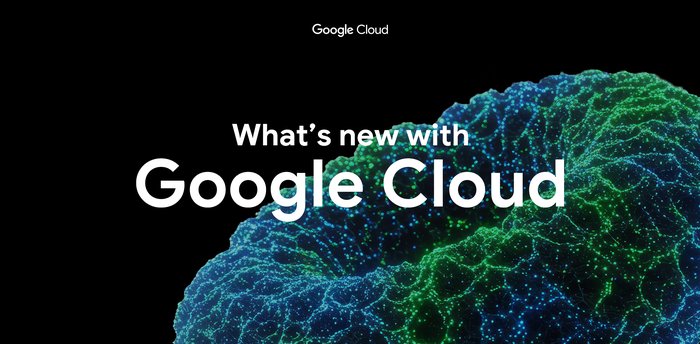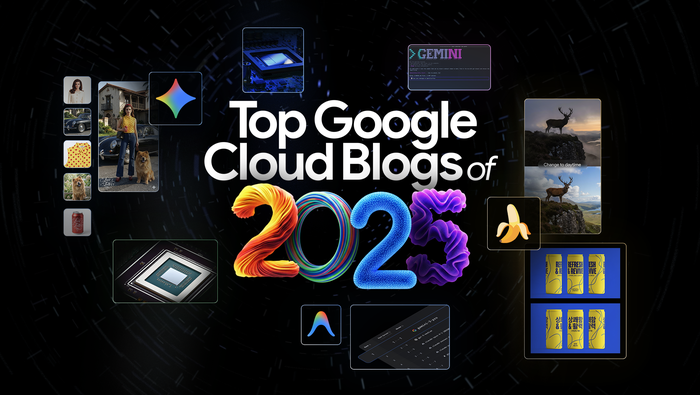Helping manufacturers during and after COVID-19
Dominik Wee
Managing Director Manufacturing and Industrial
The impact of COVID-19 has touched every industry—including manufacturing, which relies heavily on skilled, hands-on workers and complex supply chains. According to a March 2020 survey by the U.S. National Association of Manufacturers, four out of five U.S. manufacturing companies expect to be financially impacted by COVID-19, more than half think they’ll need to change how they operate, and over a third anticipate supply chain disruptions.
COVID-19 has also compelled manufacturers to address important issues facing their employees, including remote work and social distancing. It’s a critical time for manufacturers to increase the agility and digitization of their supply chains and operations; here’s how cloud can help businesses resume under new norms.
Enabling automation
While the full impact of COVID-19 is still unknown, many factories are already experiencing decreases in workforce capacity and resources. Manufacturers face tough questions around how to quickly understand this new landscape and develop new operating procedures and automation initiatives that enable them to adapt quickly and enable their employees to safely work on site.
We want to help manufacturers address these challenges by offering tools that automate processes, remotely monitor systems, and extend their capabilities beyond the factory floor. Using Vision AI, for example, manufacturers can train machine-learning models to visually inspect goods and processes for quality and compliance, without putting human inspectors at risk. By connecting operational technology (OT) and information technology (IT) via the cloud, operators can monitor and control specific machines or plants remotely, using dashboards and performance views.
GlobalFoundries, a leader in the semiconductor manufacturing industry, is already using AutoML Vision to build a visual inspection solution that can detect random defects in wafer map and scanning electron microscope (SEM) images, which are essential elements in the semiconductor manufacturing process. AutoML Vision reads in the images of wafers and sample defects, and trains customized models to detect these defects. AutoML Vision could successfully classify 80% of the images based on a limited amount of training data in the initial pass itself. This fast path to high accuracy let GlobalFoundries quickly move to production, start realizing benefits, and scale up. The foundry subsequently improved quality and customer satisfaction, and 40% of the manual inspection workload has already been successfully shifted to the visual inspection solution built based on AutoML Vision.
Supporting remote work
Google Meet, our premium, secure video meetings solution, can help manufacturers hold daily meetings, training, and onboarding without the need to be on site, while G Suite tools like Google Docs, Sheets, and Slides let teams collaborate on document authoring remotely. Google Meet can also assist with virtual training and the safe and secure on-boarding of new hires.
KAESER Compressors, one of the world leaders in compressed air products, accelerated their deployment of G Suite when they needed to rapidly convert their teams to remote work as a result of COVID-19. “We were deeply impressed by how quickly our employees adopted G Suite and we really believe in cloud’s benefits,” says Falko Lameter, CIO at KAESER Compressors. “We have access to more memory, better machines, and more advanced technology, such as machine learning. Google Cloud has shown its commitment to innovation in these areas, and we are looking forward to scaling our collaboration in the future.”
Energy solutions provider Viessmann was able to keep up its production, and G Suite has helped them to convert their employees to remote work within a 48-hour span. Since then they have conducted roughly 60,000 Google Meet conferences per month. Additionally, Google Sheets was established as the primary IT dashboard for monitoring KPIs for Viessmann’s IT infrastructure. Being one of the first manufacturing companies that chose Chromebooks granted employees who work from home peace of mind, as their accounts are secure and protected through Google’s modern authentication technologies. Viessmann even developed a ventilator in significantly less time than usual. G Suite helped the involved engineers to collaborate and exchange on the project with ease and thus was essential to speed up the launch process. “The G Suite communications and collaboration infrastructure is self-maintaining, and it has made each of us more independent,” says Alexander Pöllmann, Head of Intranet and Collaboration Services at Viessmann. “We can work together from everywhere across borders and time zones, on any device. This kind of flexibility makes our workforce more agile, and ultimately, happier and more productive.”
Koenig & Bauer, the world's oldest printing press manufacturer, migrated to G Suite in early 2020 to increase productivity and collaboration amongst teams. In light of COVID-19, the timely switch to G Suite helped Koenig & Bauer significantly to keep workplaces connected. Teams in different locations—even at home—have access to tools like video conferencing, calendar functions, word processing, and spreadsheet calculations, and can now share files, all with a single click and on one single platform.1 “Before we moved to G Suite, we had a very heterogeneous, non-collaborative IT environment and the resource consumption was pretty heavy,” says Jürgen Tuffentsammer, CIO of Koenig & Bauer. “Since the migration, our team collaboration has improved and we can share and execute against innovative ideas so much faster than before.”
Managing volatility in supply and demand
The COVID-19 pandemic has disrupted global supply chains and distribution channels. Now more than ever, accurately forecasting demand and optimizing supply in this continuously evolving environment requires integrating data from multiple sources and analyzing it in real time. It's a job analytical tools like BigQuery were designed for. By applying smart analytics and AI, manufacturers can better predict demand and adapt their operations to meet it.
AI can also help mitigate problems with last-mile delivery, which account for more than half of all shipping costs. The ability to optimize routes using real-time weather and traffic data, as well as to deploy ML models to predict where new pickups are likely to come from, will enable companies to minimize operating expenses while maximizing services.
Last month, Missouri Governor Mike Parson announced the launch of a new tool developed by Google Cloud to help health care providers connect with Missouri manufacturers and suppliers of personal protective equipment (PPE). The Missouri PPE Marketplace tool is a joint effort between the state and the Missouri Hospital Association, built to help those manufacturers that have shifted production to PPE enter the healthcare market and connect with buyers.
Additionally, over the past month, the state’s Department of Economic Development (DED) has gathered interest from more than 200 PPE manufacturers and suppliers, inviting them to register in the system. State healthcare agencies and the Missouri Hospital Association are reaching out to healthcare providers across the state to ensure they have access and can connect directly with suppliers through the new tool.
Optimizing IT spend
Moving to the cloud is an important way businesses can optimize their technology spend and find new efficiencies. For manufacturers, this can translate into more customers served, more issues resolved, and more adaptability for the overall business. The cloud offers the potential for drastically reduced data costs and infrastructure savings, plus increased performance, simplicity, and scalability across IT environments.
The cloud can support manufacturers in many ways, from improving safety, to weathering market uncertainties, to preparing for the future. For example, we recently joined the Rolls-Royce EMER²GENT alliance, which aims to help foster global economic recovery by identifying early signs of rebounding economies (we’re providing access to our public data sets and BigQuery as part of the effort). Whether it’s modernizing infrastructure, increasing agility, or digitizing supply chains and operations, we’re focused on providing the solutions that will help enable manufacturers to operate during the pandemic and beyond.
Visit our website to learn more about manufacturing on Google Cloud.
1. Source: Koenig & Bauer Annual Report 2019



